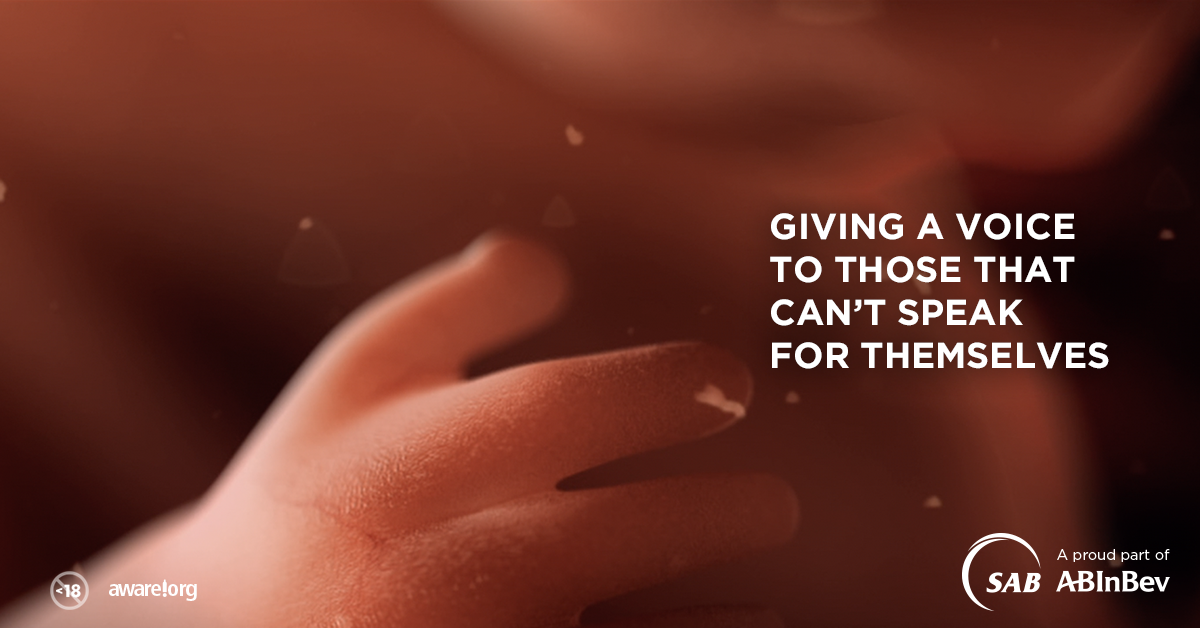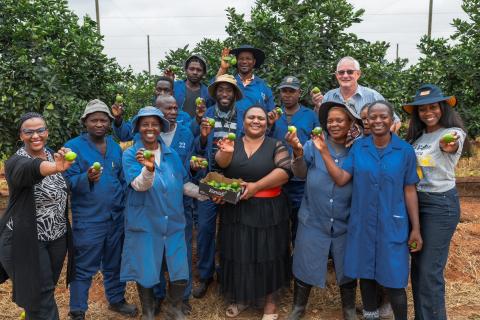
Facing FAS
Nora sat outside the hospital room and carefully listened to the doctors on the other side discussing her newly born, adopted baby daughter. She focused hard to try and understand why they were debating the validity of continuing to work on her and whether it was time to call her in to come say goodbye. She walked in and felt her spine weakened by the site of all the tiny pipes going in and out of the little body, and the sound of a fading heartbeat. She carefully held her petite pale feet and told her it was okay. It was okay to give up, and to stop the struggle, she said it was okay to go now, and that she was sorry.
This is one of the stark realities people face when it comes to babies born with Foetal Alcohol Spectrum Disorder or Foetal Alcohol Syndrome (FAS), the possibility of losing a child before they can make it out of the hospital. FAS is a characteristic pattern of physical and mental birth deficiencies, caused by alcohol consumption while the mother was pregnant.
One in 10 South African babies are born with FASD, which is 14 times the global average. It is estimated that at least three million South Africans are affected by this disorder, and the most difficult reality to face is that it is 100% preventable.
As part of SAB and AB InBev’s ongoing campaign to increase FAS awareness and implement a culture of responsible drinking, they invited pregnant mothers from all over South Africa to take part in a social experiment to listen to their unborn child’s plea asking them not to drink while they are in their belly. This was the result:
How does FAS work?
According to Aware.org, alcohol effortlessly passes through the placenta which is the organ of the body that sustains a baby during pregnancy. The developing cells of the unborn baby can be damaged due to the harmful effects of alcohol, leading to severe defects which are not curable. Since the brain starts developing soon after conception, the brain is especially vulnerable, leading to permanent brain damage. As most pregnancies in South Africa are unplanned, women often continue to use alcohol without realising that they are pregnant.
For SAB, it is very important to warn against the harm they can cause when they think it is okay to drink, because they can’t physically see the damage. Furthermore, women expecting should take a stand against social pressures from boyfriends, husbands, friends who say it’s okay. It is not okay!
The domino effect
FAS can affect a family and community on a personal and financial level as the secondary consequences of FAS can have a rippling effect on the child/adult who has been diagnosed. Fas Facts South Africa states it can range from learning abilities to early school drop-out. Juvenile delinquency, chronic unemployment, sexual acting-out (promiscuity, teenage and unwanted pregnancies, prostitution, sexual assault) mental illness, homelessness, violence, theft, murder, gangsterism, alcoholism, drug addiction and substance abuse.
It is 100% preventable
Responsible drinking is a positive choice we all have to make. The most important thing to remember if you’re struggling to quit is that you are not alone. Be smart and proactive about it, make your intentions known to your close friends and family in order to rely on their support.
Some good news:
You will be happy to know that for Nora – the mother in the beginning of this blog – while she was saying goodbye, the monitors picked up the baby’s tiny fighting heartbeat and they managed to stabilise her. Nora Boesem is a foster mother to children with FAS, and she actively helps other mothers and families to deal with children born with FAS. Here’s her TED talk. https://youtu.be/ECaLJAWkuDA
For more information and support:
- The association for alcohol responsibility and education: Aware.org
- Alcoholics Anonymous South Africa
- Fas Facts South Africa



